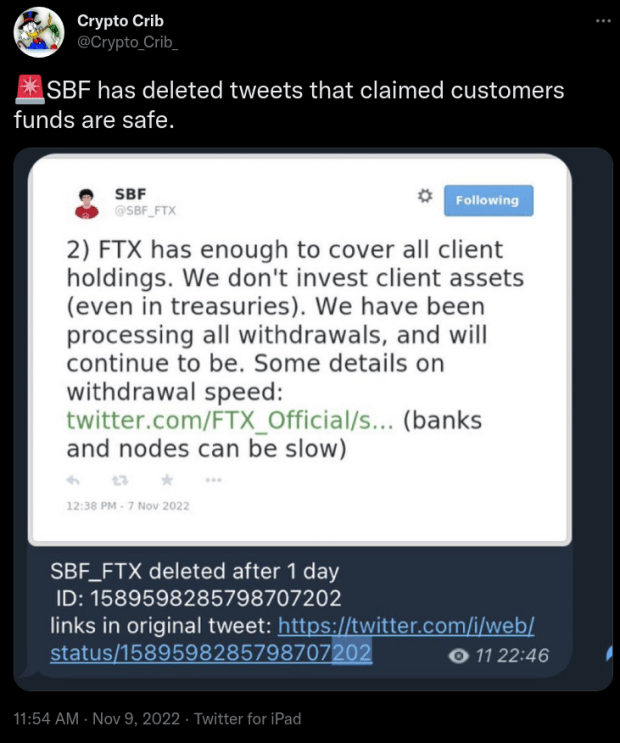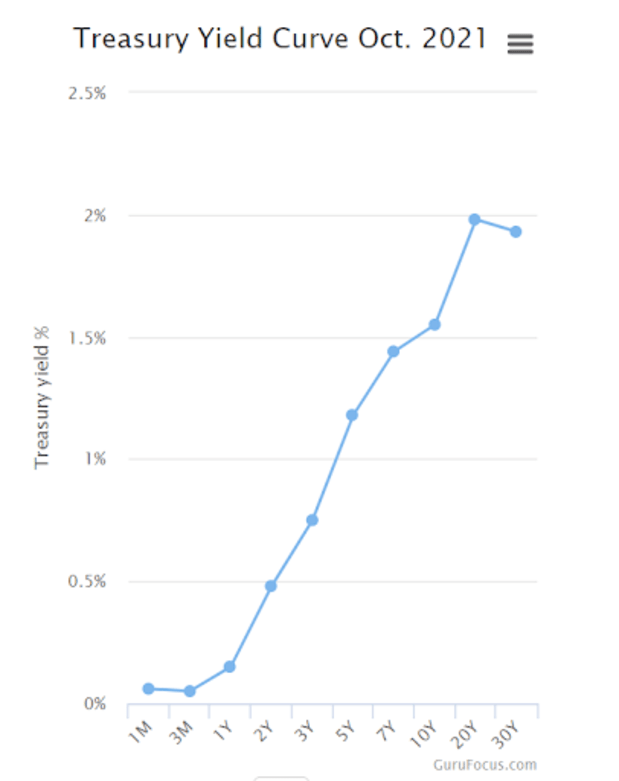Crypto Exchange Coinbase Sues SEC, FDIC, Alleging Regulatory Overreach
Coinbase has filed lawsuits against the Securities and Exchange Commission (SEC) and the Federal Deposit Insurance Corporation (FDIC), accusing the agencies of trying to cripple the crypto industry.
BREAKING: 🇺🇸 COINBASE IS SUING THE SEC, ALLEGING REGULATORS ARE TRYING TO CRIPPLE THE CRYPTO INDUSTRY. pic.twitter.com/bD1B1Vny1r
— Bitcoin Magazine (@BitcoinMagazine) June 27, 2024
The lawsuits, filed on June 27th in Washington D.C. district court, allege the SEC and FDIC failed to comply with Coinbase’s Freedom of Information Act (FOIA) requests. Coinbase says this information could shed light on coordinated efforts by regulators to restrict crypto’s access to banking services.
In its complaints, Coinbase asserts that federal regulators are deliberately campaigning to cut Bitcoin and crypto companies off from the banking system. This represents an existential threat to the industry by choking off vital financial lifelines.
Coinbase points to regulators pressuring banks to deny accounts and services to Bitcoin and crypto firms. It likens this to “Operation Choke Point,” an Obama-era initiative discouraging banks from working with certain “high-risk” sectors.
The exchange argues regulators are violating transparency laws to hide the full scope of their crypto crackdown. Coinbase aims to expose regulatory overreach it says far exceeds agencies’ mandates.
However, legal experts caution that FOIA lawsuits face an uphill battle given agencies’ broad discretion over disclosure exemptions. Proving malicious intent by regulators could also prove difficult.
Nonetheless, the cases represent Coinbase’s latest pushback against regulators like the SEC, with whom it is already locked in multiple legal battles. The exchange is defending the Bitcoin and crypto industry against regulatory hostility threatening its viability.
Coinbase’s accusations resonate with Bitcoin and crypto proponents who believe regulators are abusing their powers to deliberately slow technological advancements.









